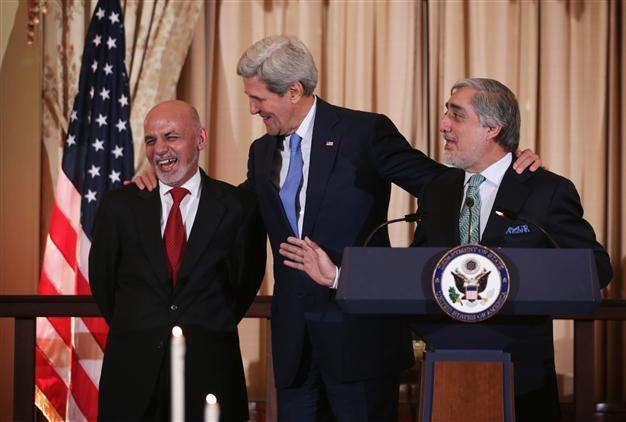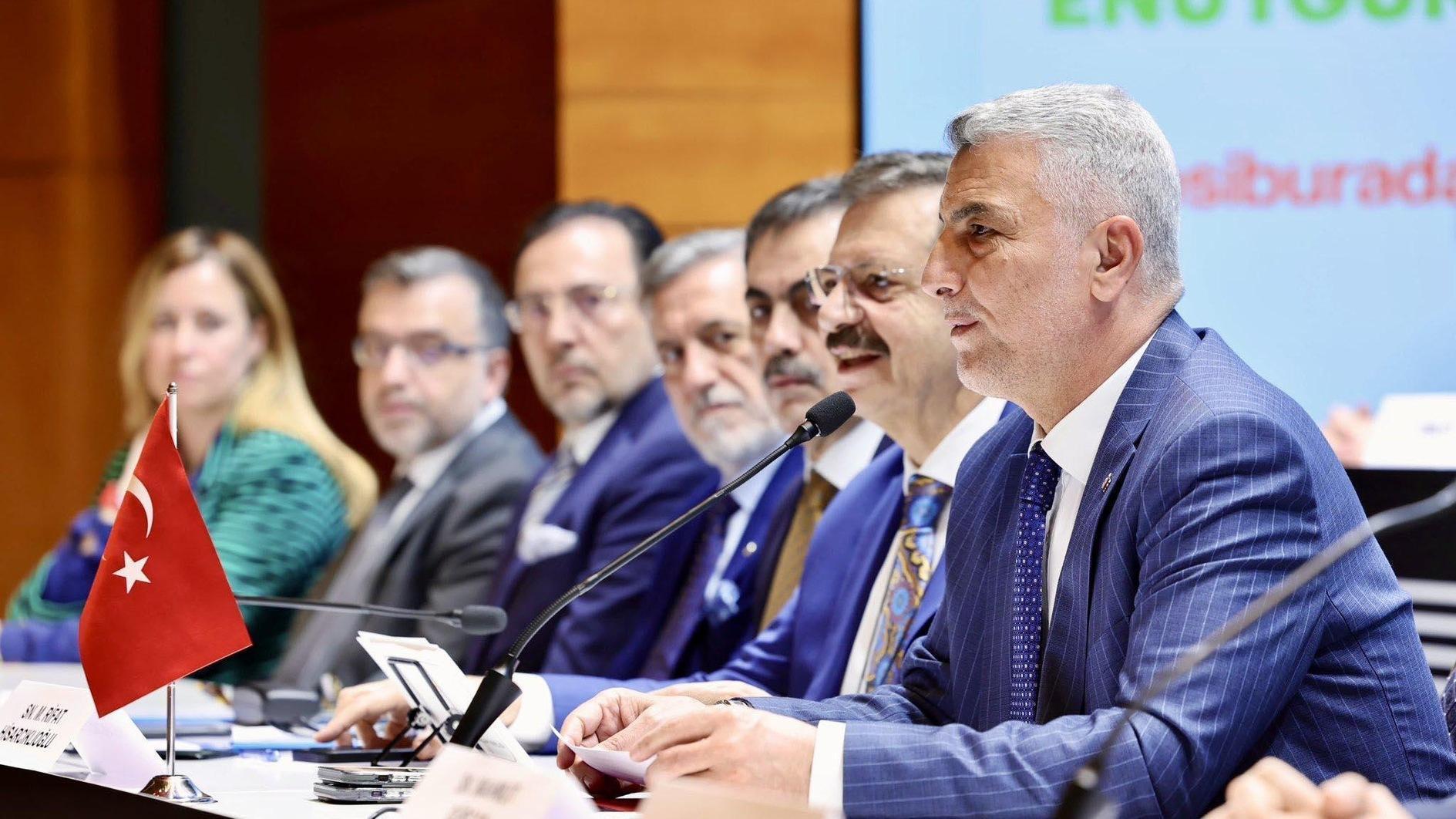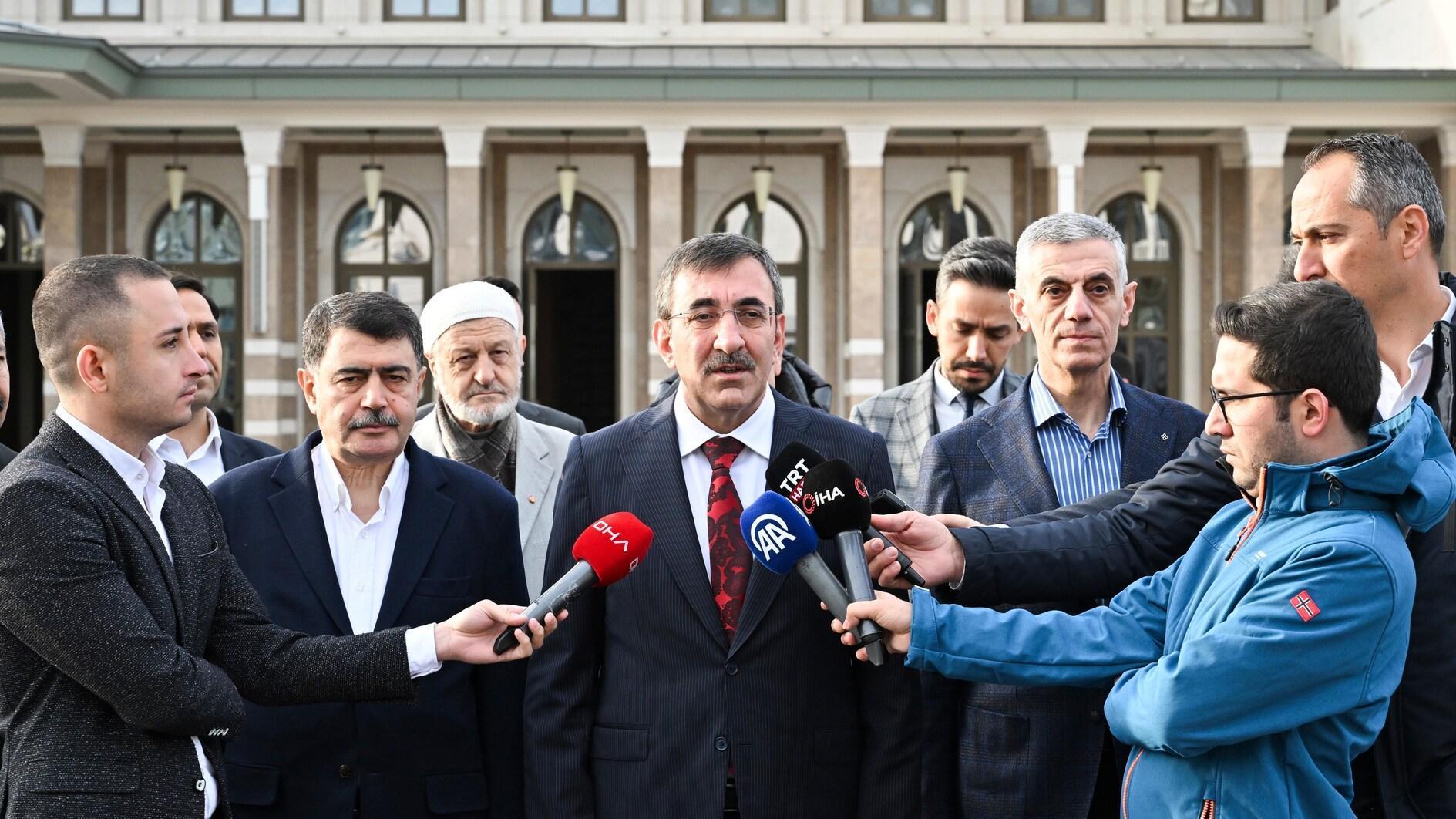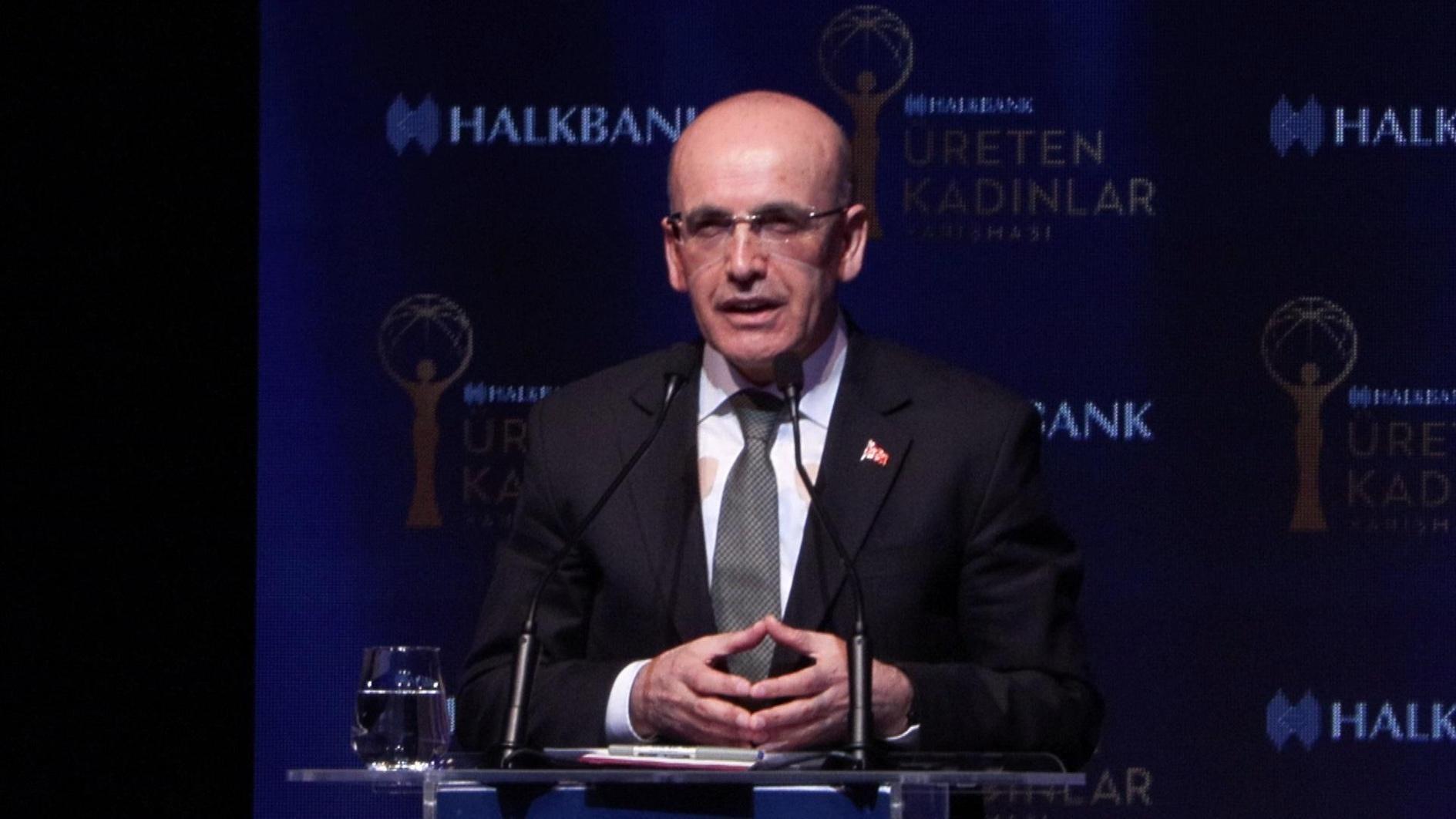US slowing Afghan troop withdrawal damages peace prospects: Taliban
KANDAHAR, Afghanistan - Agence France-Presse

U.S. Secretary of State John Kerry (C), Afghanistan President Ashraf Ghani (L) and Afghanistan Chief Executie Abdullah Abdullah (R) share a moment as they make remarks during a dinner hosted by Kerry at the State Department March 24, 2015 in Washington, DC. AFP Photo
US President Barack Obama's decision to slow the withdrawal of American troops from Afghanistan will hamper peace efforts, the Taliban said Wednesday, vowing to continue fighting.Obama on Tuesday reversed plans to withdraw around 5,000 US troops from Afghanistan this year, an overture to the country's new reform-minded leader, President Ashraf Ghani.
Hosting Ghani at the White House for their first presidential head-to-head, Obama agreed to keep the current level of 9,800 US troops in Afghanistan until the end of 2015.
"Obama's announcement to continue to keep troops in Afghanistan is a response to the peace efforts," Taliban spokesman Zabihullah Mujahid told AFP.
"This damages all the prospects for peace. This means the war will go on until they are defeated," he said.
Since coming to power in September after protracted power-sharing negotiations, Ghani has sought to establish a peace process with the Taliban to end their 13-year insurgency.
Supportive signals from Pakistan, which has long held significant influence over the Taliban, have boosted hopes for possible dialogue.
The Taliban, who have waged a bloody insurgency since being toppled from power in 2001 in a US-led invasion, have always denied talks with the government.
They maintain they will not negotiate while foreign troops remain on Afghan soil.
NATO's combat mission ended in December, leaving the 350,000-strong Afghan security forces to lead the fight against the Taliban.
The decision means they will have air and other crucial US support through this year's fighting season, which begins in weeks.
But the militants voiced defiance.
"When there were more than 100,000 troops on the ground, they could not beat us -- now with 10,000 they cannot do anything," Mujahid said.
The US still plans to reduce its military contingent in Afghanistan to a "Kabul-based embassy presence" by the end of 2016, but the rate at which troops will pull out during that year has yet to be decided, Obama and Ghani said in a joint statement on Tuesday.
Obama said Afghanistan remains a "dangerous place," but insisted the decision to maintain higher troop numbers for longer was not a change in his policy of ending America's frontline involvement soon.
There have been fears that without the military muscle of the US and NATO allies behind them, Afghan forces could struggle to quell a still-resilient Taliban insurgency.
The Pentagon insists Afghan forces are holding their own in the fight, but senior US officers have voiced concern that they are suffering casualties at an "unsustainable" rate.
The number of civilians killed and wounded in Afghanistan jumped 22 percent in 2014, the United Nations said last month, as NATO troops withdrew from combat.
There is also mounting concern about the possible influence of the Islamic State jihadists.
The Middle East-based group has not formally confirmed it is operating out of Afghanistan, though some Pakistani and Afghan commanders have pledged allegiance in recent months.
















